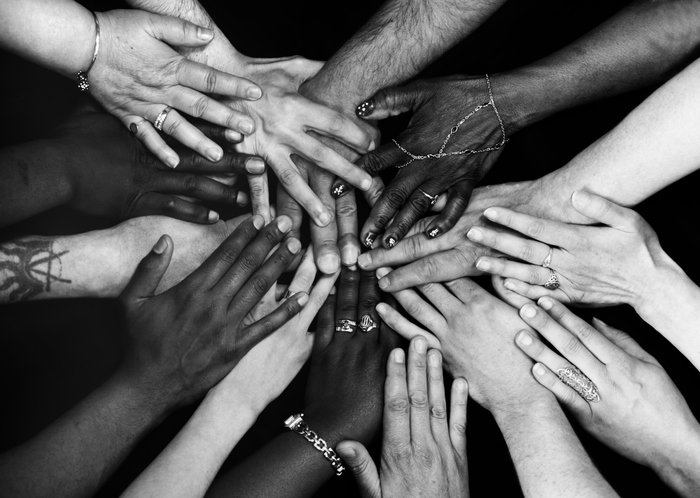
Ask anyone what they’re thinking about these days, and they’re likely to tell you the election has been on their mind. This year, millions of Americans took to the polls on November 3 to choose our elected leaders on the local, state, and national levels. As we exercise the right to vote, we celebrate and thank those who worked and continue to work to protect civil rights. And for Head Start, it’s a moment to honor our roots in civil rights.
What does Head Start have to do with civil rights?
So what does Head Start have to do with civil rights anyway? Participation in a democracy is about the right to vote, but also so much more: it’s also about a fair shot in life. Head Start was founded in that spirit, with civil rights leaders like Fannie Lou Hamer on the front lines of the first Head Start centers. The National Head Start Association shares this
The Head Start program began in the summer of 1965, amidst the mass social upheaval and an organized civil rights movement that was determined to ensure economic equality and an end to discrimination for all Americans, especially African Americans. The program, partly in response to this, was one of many created during the Johnson administration’s declared War on Poverty.
But Head Start’s success was neither clearly predicted nor easy, especially for many educators and parents in the South who faced strong opposition to the idea of providing early education, health, nutrition, and parent involvement services to African American children.
At a recent regional conference of Head Start leaders and staff, Dr. Marvin Hogan, Executive Director of Friends of Children of Mississippi, Inc. (FCM) recalled that the first programs in his state were created and run by parents, volunteers, influential individuals and organizations amidst serious threats of violence and intimidation from racist members of the community. He remembered being impressed by them and what he described as the extreme amounts of courage they must have mustered in order to continue on each day.
Today we remember and honor all those special individuals from the very first years of Head Start who unknowingly made it possible for us fifty years later to have a Head Start legacy to continue. …

